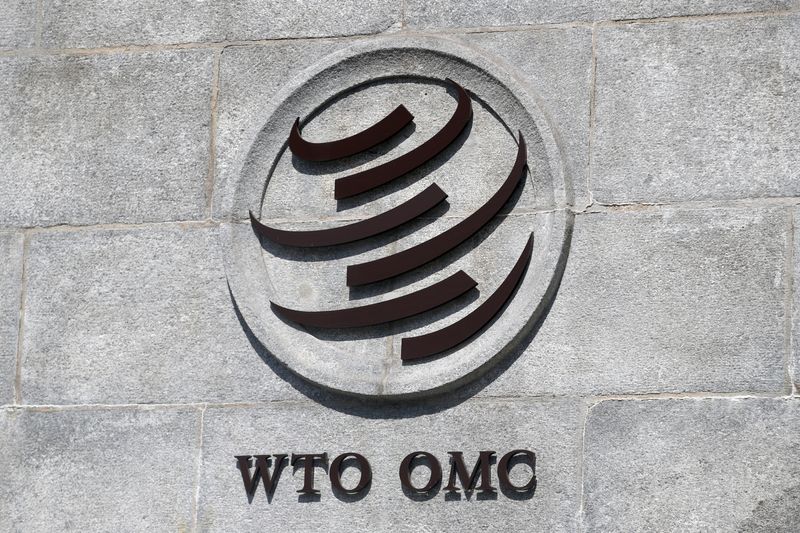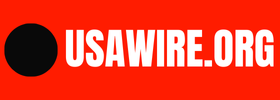[ad_1]
By Emma Farge
GENEVA (Reuters) – The World Trade Organization said on Wednesday that it was unable to get a clear picture of China’s financial support for key industrial sectors, such as electric vehicles or aluminium and steel production due to an „overall lack of transparency”.
The WTO noted that the world’s second-largest economy gave financial support and other incentives to industries over the 2021-2024 review period but said that Beijing did not provide enough information for the WTO to have a clear picture of the programmes.
„The overall lack of transparency on China’s government support may also contribute to debates on what is perceived by some as overcapacity in certain sectors,” the WTO report said, naming a range of sectors from semiconductors to shipbuilding.
The WTO noted in particular that it could not determine the size of Chinese government funds that it said were using public resources to make equity investments in key industries. „The incentives provided by these funds have generally not been notified to the WTO,” it said.
The WTO assessment was published as part of China’s trade policy review – a process that all of the organisation’s 166 members undergo every few years. China’s last review was in 2021.
Other countries are set to respond to the 173-page assessment which analyses China’s trade policies in depth, noting that its importance in the global economy and in trade has been further accentuated over the review period.
China says it operates according to market principles and Beijing has previously said it never makes use of prohibited subsidies for electric vehicles.
In a document submitted to the WTO as part of the review process, Beijing said that it complied with both WTO rules and the commitments it agreed to when it joined the body in 2001.
It added that it was open to talks on industrial subsidies and promoting development but that such talks „should be clearly defined to prevent generalised and macro discussions of state intervention or industrial policies”.
The United States and Australia have previously referred to China’s „non-market” practices with Washington calling for progress at the WTO on addressing these issues.

All WTO members must abide by the organisation’s Anti-Subsidy and Countervailing Measures agreement, which prohibits government subsidies that can be shown to have harmed other members’ trade or whose explicit purpose is to distort global trade.
($1 = 7.2652 renminbi)
[ad_2]
Source link
